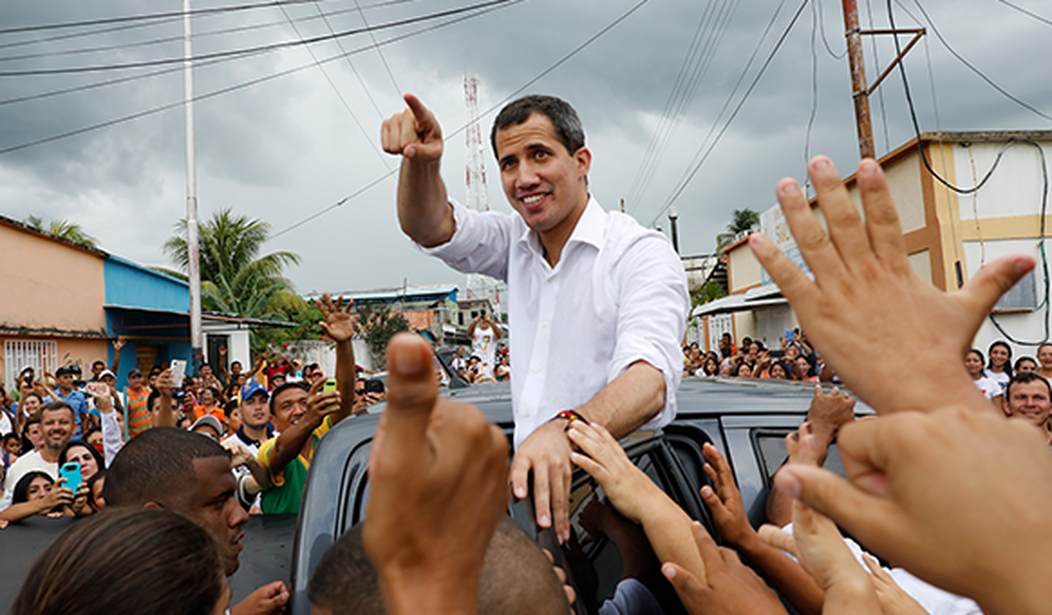Representatives of Juan Guaido, the self-declared interim president of Venezuela, will be meeting with Nicolas Maduro’s envoys in Barbados to resume negotiations for an agreement to end the tense political stalemate in the country. The previous two round of talks held in Oslo ended inconclusively.
Guaido committed to the third round of negotiation two days after Venezuela’s independence day, which was on Friday. At an event commemorating the country’s independence, Guaido slammed Maduro’s regime as a “dictatorship,” citing gross human rights abuses and authoritarian power structure.
The planned talks are the latest in attempts to resolve Venezuela’s political crisis, which started in January when Guaido invoked the constitution to assume the presidency after declaring Maduro a usurper. Since then, Guaido’s government earned international recognition from the United States and most South American neighbors but has struggled to capture state power.
Maduro’s regime —which is supported by China, Russia, and Cuba — retains control over most of Venezuela’s state apparatuses, including the military.
Last week, Guaido opposed resuming negotiations after news broke that a navy captain died in state custody after suffering torture, drawing international condemnation. The captain died in custody as Maduro cracked down on internal dissent following Guaido’s failed attempt to convince the military to oppose Maduro in April.
Recommended
A United Nations report released last week also found that the Maduro’s regime killed thousands of Venezuelans in extrajudicial killings, sparking fresh anger against his government. The report found the following, according to CNN:
Based on a sample group of 135 people, the organization found that detained men and women were subjected to torture or "cruel, inhuman or degrading treatment" including "electric shocks, suffocation with plastic bags, water boardings, beatings, sexual violence, water and food deprivation, stress positions and exposure to extreme temperatures." In interviews, women told the organization that threats of rape, forced nudity and inappropriate touching were among the tactics used to humiliate prisoners and extract confessions.
Guaido channeled the public anger in a rally on Independence Day, where he had one message: “no more torture.”
“There is no longer any valid euphemism to characterize this regime, other than dictatorship,” Guaido told reporters earlier on Friday, Reuters reported. “The systematic violation of human rights, the repression, the torture... it is clearly identified in the (UN)report.”
As the political crisis deepens, the social fabrics of Venezuela continue to fray as material shortage worsens and inflation sores. CNBC summed up the country’s economic situation:
Since 2013, the cumulative contraction of GDP (gross domestic product) in Venezuela has been 44.3%, while cumulative inflation over the same period skyrocketed up to 2.8 million percent at the end of January.
The minimum wage for the average citizen in Venezuela, which is estimated to be roughly $7 a month, would not be enough to cover even 5% of the basic food basket for a family of five people, the UN said in a report published last week.
Neither side has announced which exact date they hope to meet as of yet.

























Join the conversation as a VIP Member